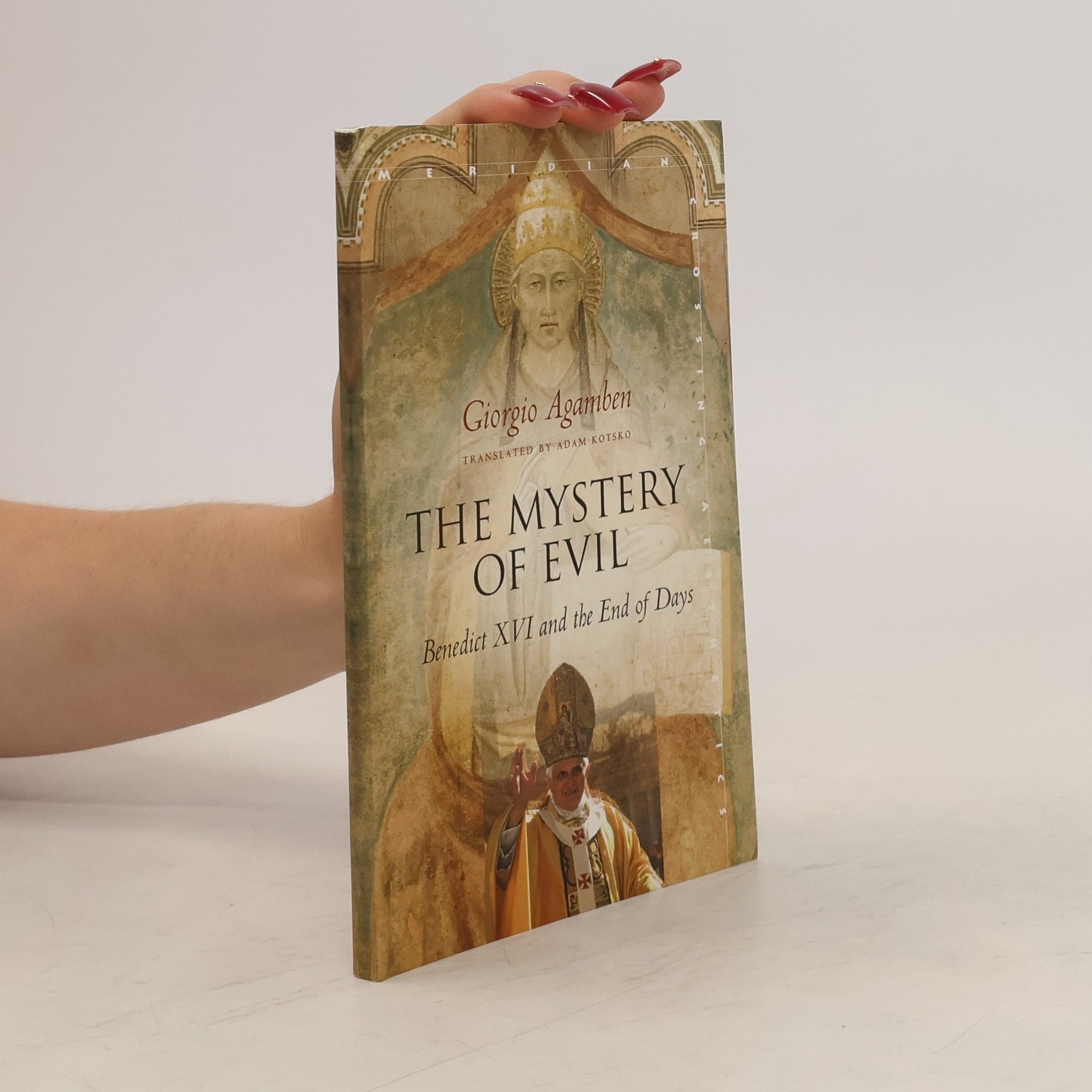Self-Portrait in the Studio
- 220 pages
- 8 hours of reading
Through a unique approach, the book offers an autobiographical insight into the life of philosopher Giorgio Agamben, revealing his identity through the influences of notable figures like Martin Heidegger and Walter Benjamin. Instead of a traditional narrative, it intertwines images, photographs, and objects from his creative spaces, creating a self-portrait that reflects his encounters and passions. This blend of visual and textual elements forms a distinctive auto-heterography, showcasing how others have shaped his thought and writing.


